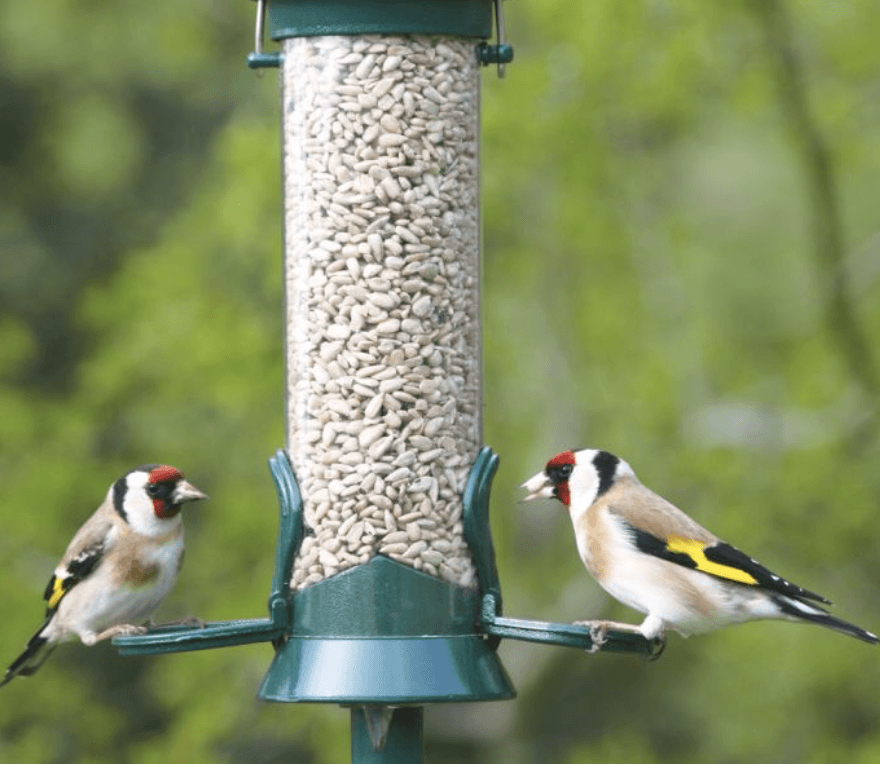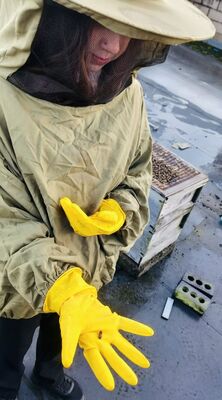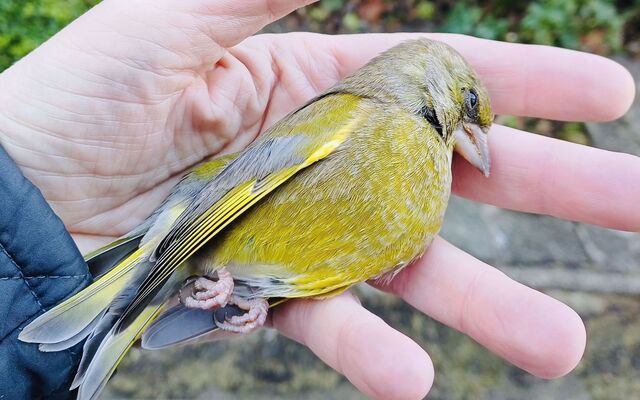IT’S nothing short of torture. Imagine being born into a world of beauty and bounty, with food and fun and long, carefree days. You’re in paradise. And then someone makes it incrementally worse every day after that, turning it into a hell, like a real-life Squid Game
That’s what is being done to all those young birds in Dúlra’s garden, and it must be terrifying for them to wake up and each day is worse than the previous one.
Take that family of goldfinches who huddle around the sunflower heart feeder from morning to night. The five youngsters used to be as mischievous as teenagers. They mock-fought with each other, often getting themselves into trouble with other birds. The pristine-feathered parents sit back and let their offspring learn to make their own way, as every parent must.
What wonders greeted those chicks when they left the nest. The world they found must have been like one big play park.
Nature, however, hadn’t fully shown its hand. It had a few surprises up its sleeve. First, it takes away two minutes of daylight every single day. It’s almost an imperceptible amount, until a week passes and the birds have lost 15 minutes of feeding time. It’s like living in one of those torture chambers where the walls slowly get closer. Dúlra has noticed the frolicking and fun that those five chicks had together slowly fading. When each month brings an hour less daylight, you grow up fast.
Oh, and then nature unleashes its next surprise – gradually turning down the thermostat. Hell, why not throw in a couple of snow storms while we’re at it?
It truly is a thing of nightmares.
As we head into October, that family of siblings still have their juvenile feathers, but they don’t look so carefree. Now they are anxious, jostling for space on the feeder and angrily pushing off rivals.
The fun is over – their childhood has ended just a couple of months after they were born. Now it’s a fight for life and, as in Squid Game, it’s a case of only the strongest surviving.
The two parent birds are well aware of this. They’ve seen it before and seem to treat the fluctuating seasons with the resignation and patience of maturity.
They bred these five chicks precisely for that reason – they know the winter will take the majority.
At this time of year, the bird population has mushroomed to at least five times what it was in April. The bird population needs those swollen numbers just as an army needs its reserve, because winter will take most of them.
That’s why Dúlra will support this family – as well as his own – through winter. He’s made a vow to them to keep those feeders full every day. This year, we're all going into battle with winter.
• Last week Dúlra was reminiscing about the rare pleasure of just lying down in the grass in the countryside and looking up at the heavens . When we were young it sure was a relaxing way to while away a half-hour on the slopes of Black Mountain, even just thinking about it today seems to slow his heartbeat.
Dúlra’s da used the mountain to a similar effect – without setting foot on it. A teacher in CBS on the Glen Road, he used to say it was pointless trying to teach a class of young teens in the last period on a Friday; they were already pumped so full of adrenalin and excitement that it was impossible to settle them enough to concentrate on any lesson. And so he used to tell them all to rest their heads on the desk and look up at the Black Mountain. It took a bit of encouragement, but soon the whole class would be silent as they stared at the green giant. And then he’d tell them to close their eyes if they wanted. In a matter of minutes, they’d go from 100 miles per hour to zero.
A half-hour later, 30-odd kids would be woken, not by the morning alarm clock or their howling mas, but by the half-three school bell, and they’d burst out the classroom door and into the weekend.
Many’s a boy used to tell Dúlra in the street “Your da let us sleep in class!” And even today, all these years later, he occasionally meets someone who says the same thing.
To Dúlra, it was simply the Black Mountain working its magic once more. If you’ve seen or photographed anything interesting, or have any nature questions, you can







